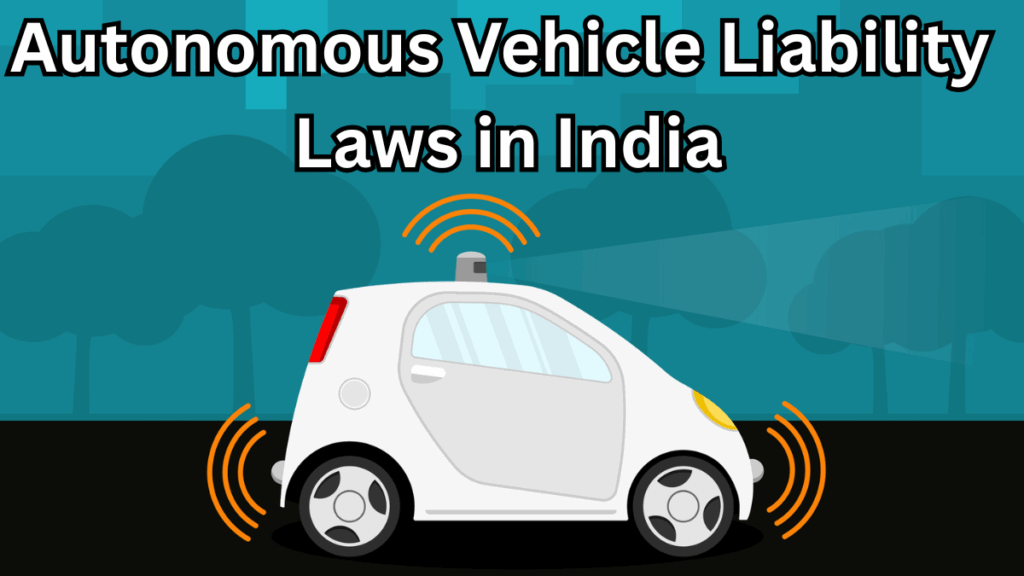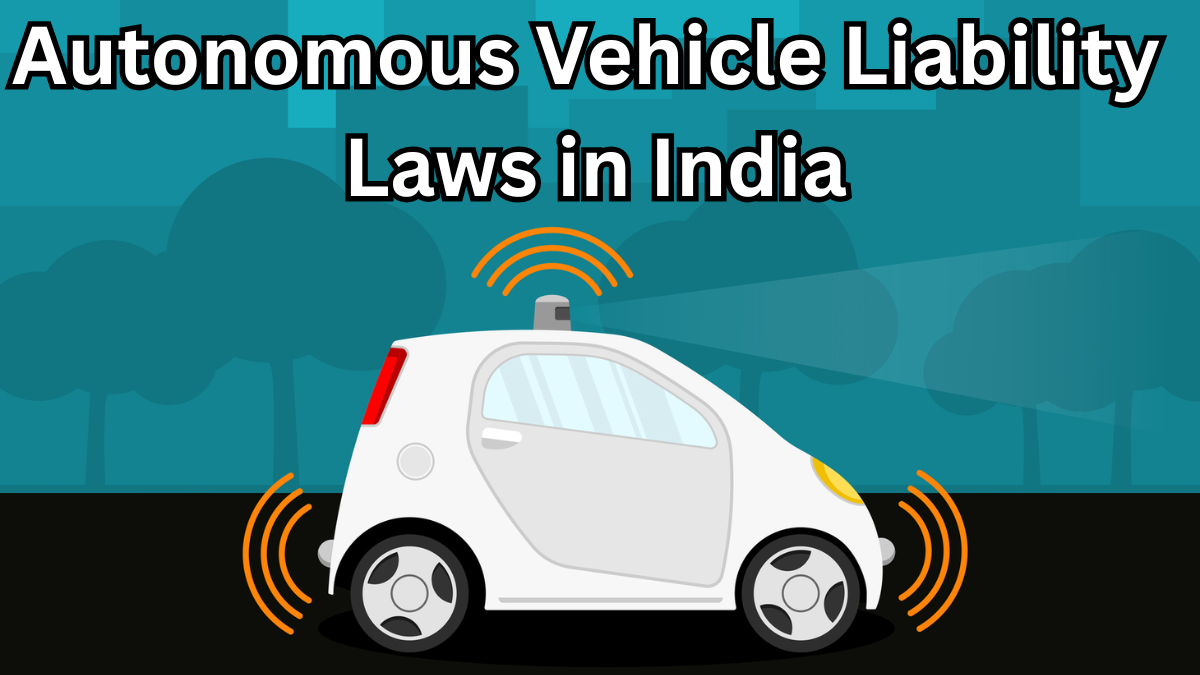As self-driving technology evolves, India stands at a critical point in redefining road safety and responsibility. With autonomous vehicles (AVs) slowly making their way into the Indian transport system, clear liability laws are more essential than ever. The Autonomous Vehicle Liability Laws in India have undergone key updates in 2025, aiming to balance innovation with accountability.
This article walks you through the new legal landscape, what it means for drivers and manufacturers, and how these changes shape the future of mobility in India.

Why Are Autonomous Vehicle Laws Important?
Traditional motor laws were designed around human drivers. But autonomous vehicles change the game completely. Here’s why India needs a fresh legal approach:
-
No human driver to blame in accidents
-
Rising concerns around software and sensor malfunctions
-
Complex insurance issues due to AI involvement
The 2025 self-driving car legal update addresses these modern challenges with targeted reforms.
Key Highlights of the 2025 Legal Framework
India’s updated approach builds on the Motor Vehicles Act and includes AV-specific clauses, aligning with global safety protocols.
Legal Area |
2025 Update |
|---|---|
Liability in Accidents |
Shared among the manufacturer, software provider, and vehicle owner |
Data Privacy Regulations |
Enforced secure storage and consent-based data sharing |
Insurance Reforms |
New insurance policies tailored for autonomous vehicles |
Vehicle Testing & Certification |
Mandatory certification for AV systems by government agencies |
AI Malfunction Cases |
Treated as product liability; allows for consumer lawsuits |
These developments strengthen Autonomous Vehicle Liability Laws in India, ensuring legal accountability and consumer safety.
Who Is Held Liable in AV Accidents?
Determining liability is more complicated with AVs. Here’s a breakdown of possible responsible parties:
-
Vehicle Manufacturer – If a hardware fault causes the accident
-
Software Developer – For algorithmic errors or system bugs
-
Owner/Operator – If the vehicle was not maintained or updates were ignored
-
Third-party Providers – For cloud, GPS, or data feed issues
This layered responsibility reflects the collaborative nature of AV technology.
Judicial Response and Case Trends
Indian courts are gradually hearing more cases involving autonomous vehicles. The current judicial stance includes:
-
Emphasis on consumer protection
-
Recognition of shared liability in AV-related accidents
-
Preference for out-of-court settlements and insurance-led resolutions
These early rulings will likely shape the legal precedent for future AV litigation.
What This Means for Consumers and Stakeholders
If you’re involved in the auto, insurance, or tech sectors, this self-driving car legal update impacts you directly:
-
Clarity on liability helps reduce litigation risks
-
Opportunity for specialized AV insurance and compliance services
-
Better-defined regulations for AV testing and deployment
For everyday consumers, it offers more transparency and safety on the road.
Remaining Challenges and Concerns
While the updates are a step forward, some issues still need attention:
-
Ethical dilemmas when AVs must make split-second decisions
-
Concerns over cross-border data sharing
-
Lack of public awareness about how AVs function and what the law says
These challenges are being addressed through policy, research, and pilot programs.
The Road Ahead for Autonomous Vehicles in India
India’s legal reforms are catching up with global tech advancements. The 2025 update to Autonomous Vehicle Liability Laws in India puts the country on track to balance innovation and responsibility. With robust legal safeguards, India can foster an environment that’s safe for both people and self-driving cars.
FAQs
Q1: Who is held accountable if an autonomous car causes an accident in India?
A: Responsibility can lie with the vehicle manufacturer, software provider, or owner, depending on the cause of the incident.
Q2: Do I need special insurance for a self-driving car in India?
A: Yes. New insurance policies specific to autonomous vehicles are now part of the updated regulatory framework.
Q3: Are fully autonomous vehicles legal in India in 2025?
A: Not yet. Only partially autonomous vehicles are allowed, and they must comply with government certification standards.
Q4: What happens if the AI system of my AV malfunctions?
A: The issue may be treated as a product liability case. You can file claims under consumer protection or AV insurance policies.
Click here to learn more
